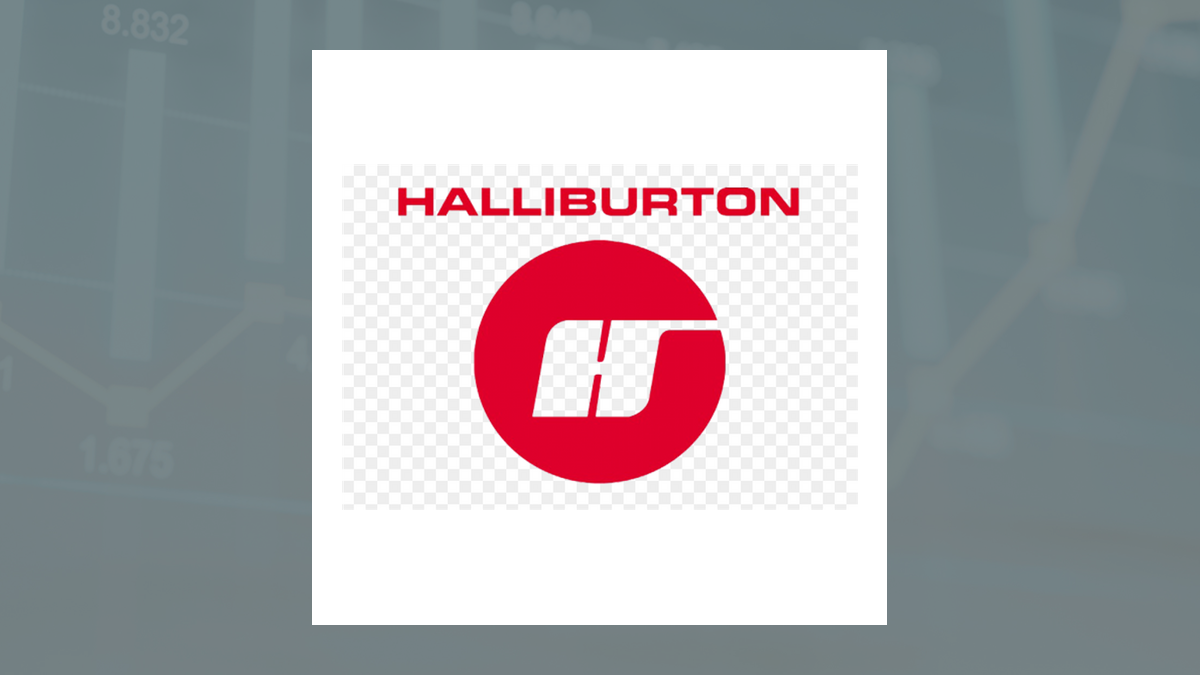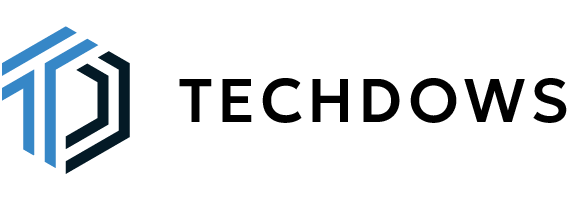 BNP Paribas trimmed its position in Halliburton (NYSE:HAL – Free Report) by 10.6% in the 3rd quarter, according to its most recent 13F filing with the Securities and Exchange Commission. The institutional investor owned 4,400 shares of the oilfield services company’s stock after selling 520 shares during the quarter. BNP Paribas’ holdings in Halliburton were worth $128,000 at the end of the most recent quarter.
BNP Paribas trimmed its position in Halliburton (NYSE:HAL – Free Report) by 10.6% in the 3rd quarter, according to its most recent 13F filing with the Securities and Exchange Commission. The institutional investor owned 4,400 shares of the oilfield services company’s stock after selling 520 shares during the quarter. BNP Paribas’ holdings in Halliburton were worth $128,000 at the end of the most recent quarter.
Several other hedge funds and other institutional investors also recently added to or reduced their stakes in the company. Pacer Advisors Inc. increased its holdings in Halliburton by 23.1% in the 3rd quarter. Pacer Advisors Inc. now owns 16,782,174 shares of the oilfield services company’s stock worth $487,522,000 after acquiring an additional 3,150,986 shares in the last quarter. Dimensional Fund Advisors LP increased its holdings in Halliburton by 20.0% in the 2nd quarter. Dimensional Fund Advisors LP now owns 10,087,115 shares of the oilfield services company’s stock worth $340,752,000 after acquiring an additional 1,681,620 shares in the last quarter. Bank of New York Mellon Corp increased its holdings in Halliburton by 1.2% in the 2nd quarter. Bank of New York Mellon Corp now owns 7,342,857 shares of the oilfield services company’s stock worth $248,042,000 after acquiring an additional 83,894 shares in the last quarter. Thrivent Financial for Lutherans boosted its stake in Halliburton by 22.0% in the 3rd quarter. Thrivent Financial for Lutherans now owns 5,520,383 shares of the oilfield services company’s stock worth $160,367,000 after purchasing an additional 995,649 shares during the period. Finally, Brandes Investment Partners LP boosted its stake in Halliburton by 15.1% in the 2nd quarter. Brandes Investment Partners LP now owns 4,279,478 shares of the oilfield services company’s stock worth $144,516,000 after purchasing an additional 560,325 shares during the period. 85.23% of the stock is owned by hedge funds and other institutional investors.
Analyst Upgrades and Downgrades
Several research firms have weighed in on HAL. BMO Capital Markets dropped their price target on Halliburton from $40.00 to $38.00 and set a “market perform” rating for the company in a research note on Thursday, October 10th. Barclays dropped their price target on Halliburton from $47.00 to $43.00 and set an “overweight” rating for the company in a research note on Friday, November 8th. Susquehanna dropped their price target on Halliburton from $42.00 to $40.00 and set a “positive” rating for the company in a research note on Friday, November 8th. Royal Bank of Canada downgraded Halliburton from an “outperform” rating to a “sector perform” rating and dropped their price target for the stock from $44.00 to $37.00 in a research note on Friday, September 13th. Finally, The Goldman Sachs Group dropped their price target on Halliburton from $47.00 to $40.00 and set a “buy” rating for the company in a research note on Thursday, August 29th. Four investment analysts have rated the stock with a hold rating, sixteen have given a buy rating and one has assigned a strong buy rating to the company. According to data from MarketBeat, Halliburton currently has a consensus rating of “Moderate Buy” and a consensus price target of $40.74.
Halliburton Stock Performance
HAL stock opened at $31.89 on Thursday. The firm has a market cap of $28.02 billion, a price-to-earnings ratio of 11.11, a PEG ratio of 3.94 and a beta of 1.89. The company has a quick ratio of 1.62, a current ratio of 2.21 and a debt-to-equity ratio of 0.74. Halliburton has a twelve month low of $27.26 and a twelve month high of $41.56. The business’s fifty day simple moving average is $29.63 and its two-hundred day simple moving average is $31.89.
Halliburton (NYSE:HAL – Get Free Report) last announced its quarterly earnings results on Thursday, November 7th. The oilfield services company reported $0.73 EPS for the quarter, missing the consensus estimate of $0.75 by ($0.02). The firm had revenue of $5.70 billion for the quarter, compared to analysts’ expectations of $5.83 billion. Halliburton had a net margin of 11.04% and a return on equity of 28.33%. The business’s quarterly revenue was down 1.8% on a year-over-year basis. During the same quarter in the prior year, the business posted $0.79 EPS. Analysts predict that Halliburton will post 3.01 earnings per share for the current year.
Halliburton Announces Dividend
The company also recently declared a quarterly dividend, which will be paid on Thursday, December 26th. Stockholders of record on Wednesday, December 4th will be paid a dividend of $0.17 per share. The ex-dividend date of this dividend is Wednesday, December 4th. This represents a $0.68 annualized dividend and a dividend yield of 2.13%. Halliburton’s dividend payout ratio is currently 23.69%.
About Halliburton
Halliburton Company provides products and services to the energy industry worldwide. It operates through two segments, Completion and Production, and Drilling and Evaluation. The Completion and Production segment offers production enhancement services that include stimulation and sand control services; cementing services, such as well bonding and casing, and casing equipment; and completion tools that offer downhole solutions and services, including well completion products and services, intelligent well completions, and service tools, as well as liner hanger, sand control, and multilateral systems.
See Also
- Five stocks we like better than Halliburton
- What is a Secondary Public Offering? What Investors Need to Know
- 2 Cheap Quantum Computing Stocks to Buy Instead of Chasing IonQ
- What is the Australian Securities Exchange (ASX)
- Microsoft Stock Gets a $550 Price Target: Time to Get Excited
- 3 Stocks to Protect Your Portfolio from the Coronavirus Contagion
- Trump Tariffs in Focus: 2 Chinese Stocks to Own and 2 to Avoid
Receive News & Ratings for Halliburton Daily - Enter your email address below to receive a concise daily summary of the latest news and analysts' ratings for Halliburton and related companies with MarketBeat.com's FREE daily email newsletter.
